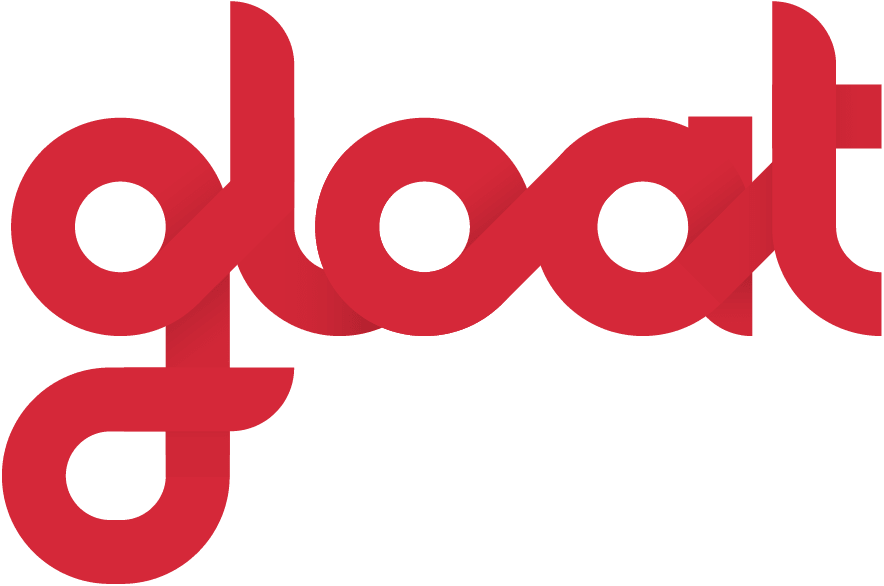How emerging skills are shaping the future of work
Learn which capabilities leaders need to prioritize in the age of AI Everyone’s talking about the rise of AI—and it’s easy to understand why. Within two months of launching, OpenAI’s ChatGPT amassed more than 100 million users, with no signs of slowing down. Now that generative AI has been around for mainstream use for over

Learn which capabilities leaders need to prioritize in the age of AI
Everyone’s talking about the rise of AI—and it’s easy to understand why. Within two months of launching, OpenAI’s ChatGPT amassed more than 100 million users, with no signs of slowing down.
Now that generative AI has been around for mainstream use for over one year, businesses are increasingly eager to embrace it to streamline workflows and free up time in employees’ days for higher-level tasks. Goldman Sachs estimates that roughly two-thirds of current jobs are exposed to some level of AI automation and that generative AI could substitute up to one-fourth of the work employees perform.
With these forecasts on the horizon, it’s up to leaders to create the tools and pathways employees will need to learn new skills and harness these innovations to their full potential. But to do that, executives must first answer one very important question: which skills do I need to prioritize to thrive in the age of AI?
The driving forces behind the future of work
While upskilling and reskilling have always been crucial for career progression, the rise of AI has raised the stakes. Now that the half-life of learned knowledge has shrunk to less than five years, employees must continuously learn new skills to stay relevant. As AI and the use of Large Language Models (LLMs) become increasingly popular, employees must develop the competencies needed to harness these tools effectively.
Rather than relying on the office as the go-to destination for skill-building and employee development, leaders must ensure that workers have the tools and resources needed to learn from any location. In the post-pandemic world, remote and hybrid working continue to be the norm for most people, which makes access to virtual skill-building opportunities a non-negotiable. If employers fail to help their people build the skills needed to stay one step ahead of the accelerating pace of technological innovation, they will have to grapple with knowledge gaps that will become increasingly difficult to bridge.
The top 5 emerging skills for the future of work
While there’s no one-size-fits-all formula for skill-building, the following capabilities are likely to become more important as AI-based technologies continue to go mainstream:
#1. Digital literacy
Digital literacy describes an individual’s ability to find, evaluate, and communicate information using digital tools and platforms. It takes a combination of both technical and cognitive abilities to use new technologies to create, evaluate, and share insights.
As technology keeps evolving, employees will need to be able to hone new skills quickly and adapt to different platforms and systems. To develop digital literacy skills, employees should be encouraged to pitch in on an array of projects so they can get familiar with the different tools and systems various teams use.
#2. Data analysis
Data analysis is the practice of working with data to glean useful information which can then be leveraged to make informed decisions. While people often associate data analysis with more quantitative fields like engineering and finance, data-driven decision-making is increasingly a priority for all business functions, including HR. According to a recent People Analytics Trends Report, 85% of CHROs are making it clear that data is an essential part of their HR strategy.
#3. Critical thinking and problem-solving
Problem-solving and critical thinking refer to the ability to use knowledge, facts, and data to effectively overcome challenges and ideate creative solutions. From resolving customer service complaints to brainstorming new marketing campaigns, the ability to devise innovative solutions to overcome persistent problems is important for every type of role and business function. Employees who excel at critical thinking can effectively analyze their own thoughts and shift how they think based on the challenge they’re presented with.
#4. Emotional intelligence
Emotional intelligence describes an individual’s ability to understand, use, and manage emotions in positive ways to relieve stress, communicate effectively, empathize with others, overcome challenges, and defuse conflict. It helps build strong relationships and can fuel more seamless cross-functional collaboration.
Unlike technical skills, emotional intelligence can’t be taught out of a textbook or through an L&D curriculum. However, employees can work with a mentor to hone conflict resolution skills and pitch in on projects to gain experience dealing with a broader range of workflows and personalities.
#5. Leadership and change management
As the pace of technological innovation continues to accelerate, workforces must get comfortable with embracing change and shifting gears on a regular basis—sometimes with only a moment’s notice. When it comes to change management, it’s particularly important to prioritize transparent communication to ensure all parties impacted by the change understand why it’s happening and how they will be expected to modify their behaviors accordingly.
How organizations can create a culture of skill development
Skill-building can’t be reserved for a select few employees. Instead, people across your organization should be encouraged to hone new skills and expand their professional horizons. Leaders should set the tone for these efforts by participating in reskilling and upskilling initiatives and discussing their learnings to inspire others to follow in their footsteps. Executives should also strive to replace talent hoarding mentalities with a talent sharing mindset in which managers are encouraged to tap into the skills and capacities of the entire workforce, rather than focusing solely on their direct reports.
Additionally, leaders should ensure all employees have complete visibility into various skill-building opportunities. Many companies use talent marketplaces to generate personalized suggestions for projects, gigs, and full-time roles related to employees’ specific skills and interests. Mentoring can also help employees strengthen their networks while broadening and deepening their skill sets.
The future outlook on emerging skills
The race for in-demand skills will only intensify in the years to come. The World Economic Forum predicts that as much as 50% of the global workforce will need reskilling by 2025 to effectively harness new technologies and keep pace with shifting consumer demands. To learn more about how one visionary organization is transforming to put skills at the center of its strategy, check out this conversation between The Josh Bersin Company and Novartis’s VP of HR, Markus Graf.








